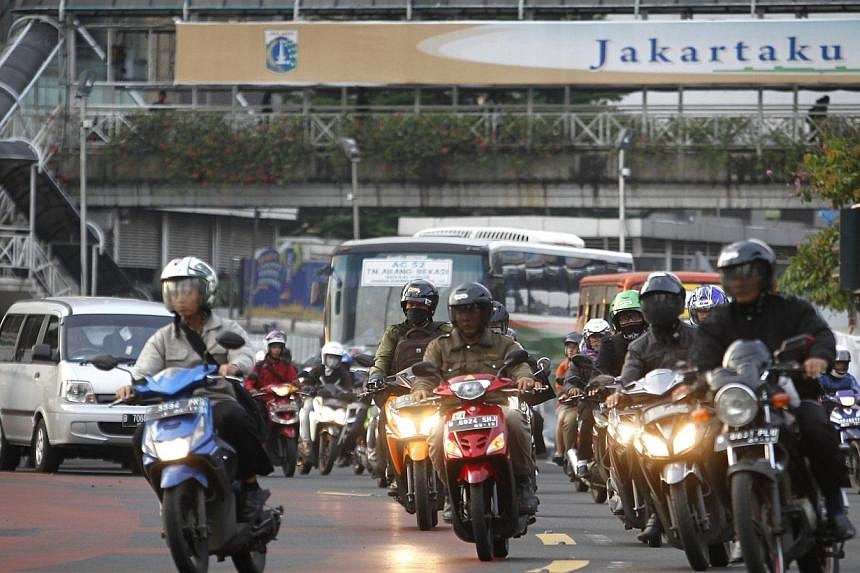MANILA (Reuters) - The Asian Development Bank slightly trimmed its growth forecast for developing Asia for this year and next, but said sliding prices for oil should help economies in the region push through with growth reforms.
In its update to the 2014 outlook, ADB said on Wednesday developing Asia was now expected to grow 6.1 per cent this year, a tad below its 6.2 per cent forecast in September. Growth in 2015 was seen at 6.2 per cent, from 6.4 per cent previously.
"While growth in the first three quarters of this year was somewhat softer than we had expected, declining oil prices may mean an upside surprise in 2015 as most economies are oil importers," said ADB Chief Economist Shang-Jin Wei.
The ADB cut its 2014 and 2015 growth forecasts for China to 7.4 per cent and 7.2 per cent, respectively, from the 7.5 per cent and 7.4 per cent estimates made in September, due to falling property prices and the spillover effects on the construction sector.
Reforms brought by Indian Prime Minister Narendra Modi will help his country grow 5.5 per cent this year and, if they are extended, should lift growth to 6.3 per cent next year, the ADB said.
Southeast Asia is expected to grow slower than previously thought in 2014 and 2015 due to a slackening in economies in the region. The region is seen growing at 4.4 per cent in 2014, down from a previous estimate of 4.6 per cent, and 5.1 per cent in 2015 instead of 5.3 per cent.
"Falling global oil prices present a golden opportunity for importers like Indonesia and India to reform their costly fuel subsidy programs," Wei said. "On the other hand, oil exporters can seize the opportunity to develop their manufacturing sectors as low commodity prices tend to make their real exchange rates more competitive."
Since June, Brent crude has fallen 49 per cent to below US$60 a barrel, which means big savings for Southeast Asia's large oil-importing economies - Thailand, Philippines and Indonesia.
Inflation in the region in 2014 is now forecast to be lower at 3.2 per cent in 2014 and 3.5 per cent in 2015, compared to the 3.4 per cent and 3.7 per cent seen in September.

